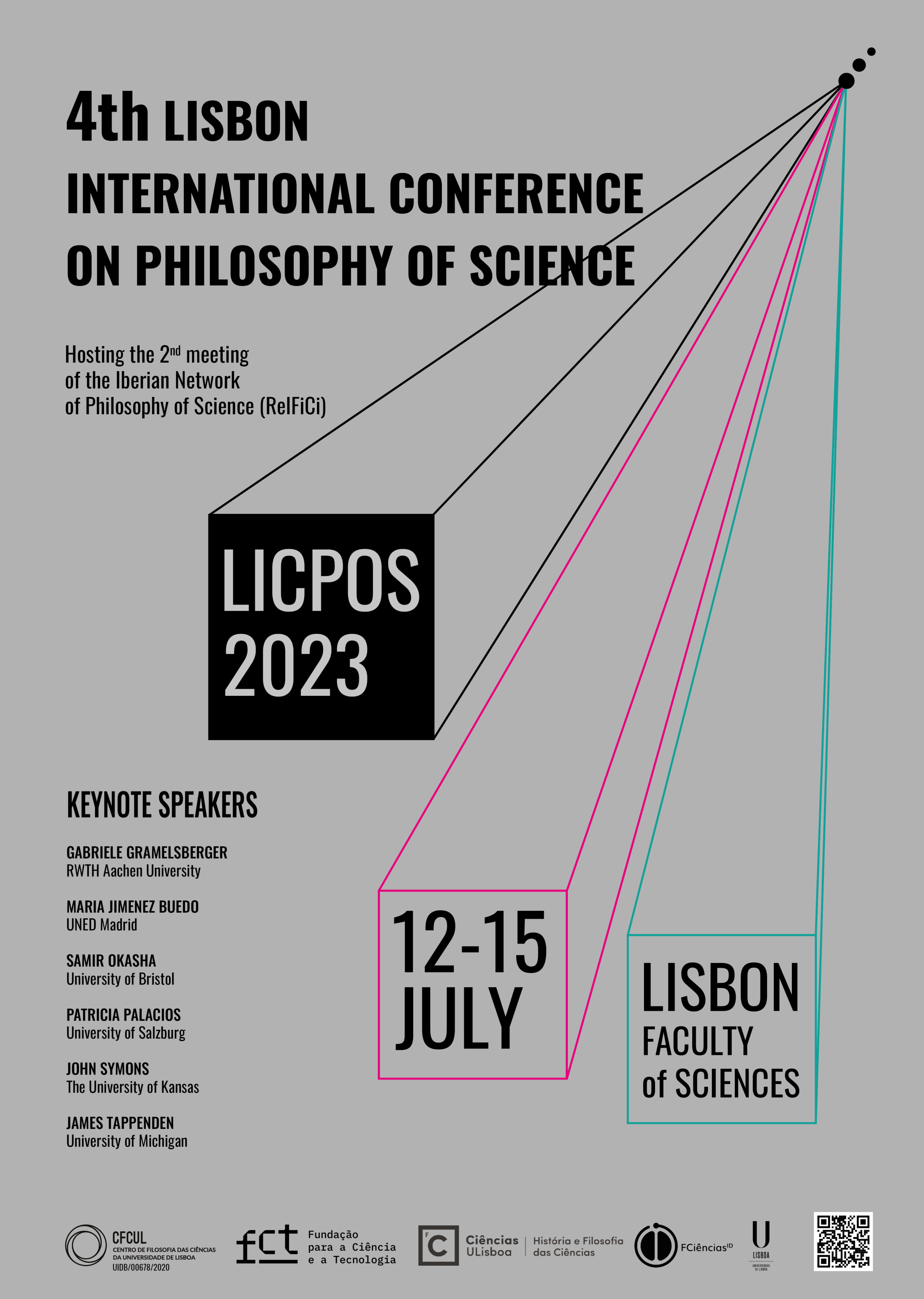
How do we deal with the uncertainties and errors arising from using proxies? How do we make sure proxies seemingly innocuous characteristics that correlate with scientific and socially sensitive attributes such as aesthetic forms or political, religious, or techno- scientific beliefs, categories, complex data -sets such as on public opinion, personal and political preferences, and do not mislead us into reductive formalized models (validity, reliability, uncertainty, accuracy, interpretation) and perform as algorithms, or data that not only make decisions or predictions on passive representations but actively transform realities by constructing, modelling and testing. How do we ensure that the design challenges are met in the use of data proxies such as postal codes, names, or language concepts that do not introduce hidden human values or social bias or discriminate against certain types of people and might simulate, but fundamentally unreflectively transport political opinion, transform social encounters or aesthetic experiences? How do we evaluate judgments and interpretations based on proxies that introduce technological innovation, machine learning applications, or social theory?
Depending on views on ethics, law, aesthetics, and epistemology, the proxy problem in the philosophy of data-driven, digital, and algorithmic rationalities arises as the problem of how to understand and evaluate the role of formalized and digital technologies as proxies for human agency, communication, sociality, politics, and aesthetic experience in different contexts such as cyberspace, social networks, political and scientific institutions, and digital platforms. The concept of proxies can be examined through multiple lenses, including performative philosophy of technology, political representation, advocacy, and having a voice for groups of people taking up roles and speaking for others in political and theatre or court stages on the human social scale and beyond, which offer different perspectives on the use of proxies in communication and representation. In theatre, proxies are characters who act on behalf of another character or group of characters or symbols (the chorus for common sense or society), either by their own choice or by coercion. These characters can serve various functions, such as representing a community or a social group, challenging authority, exposing contradictions, or creating ambiguity.
Proxies can mediate between different perspectives and interests, allowing for a more nuanced understanding of the world mediated by digital technologies such as machine learning and digital technologies using abstractions, data-driven applications, or human-like behaviour simulation. At the same time, proxies can also be seen as a form of manipulation or distortion, obscuring the true motives and intentions of the actors involved.
The concept of proxies offers a rich and multifaceted perspective on the intersection of data and formal sciences, culture (theatre), law, aesthetics, rhetoric, and technology, highlighting the role of (political, social, and personal) representation, simulation, and manipulation in aesthetic judgment and choice, public opinion, social and political discourse, and technological mediation.
Comunicações:
Jorge Louçã (ISCTE-IUL) – From Science as explanation to Science for action: how data proxies can endanger diversity
Alexander M. Gerner (CFCUL/GI3) – Hacking into Avatars as Proxies: Towards a Philosophy of technology of digital substitution Author
Vinícius de Aguiar (CFCUL/GI3) – Epistemological Issues of Music Recommender Systems